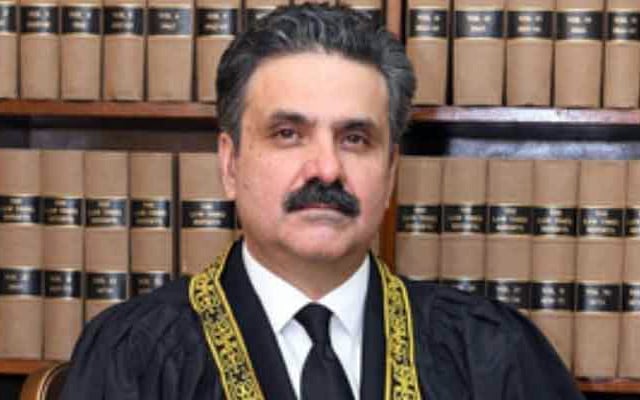
Chief Justice of Pakistan Yahya Afridi has expressed support for the transfer of judges from other high courts to the Islamabad High Court, calling it a positive and necessary step.
In a conversation with journalists at the Press Association of Supreme Court's oath-taking ceremony, Afridi addressed the issue of the judges’ transfer, highlighting its significance for national unity, Express News reported.
He explained that Islamabad, being the symbol of the federal government, needed to have a balanced representation from all linguistic communities across Pakistan.
Justice Afridi stated, "Islamabad is not just a marble building; it represents the federal entities of Pakistan. This transfer is in line with the ideals of equality and representation." He referred to the fact that judges from various linguistic backgrounds, such as Balochi, Punjabi, and Sindhi-speaking judges, were being appointed to the Islamabad High Court, furthering the nation’s unity.
The Chief Justice added that under the Islamabad High Court Act, the court is mandated to represent all federal units equitably, and this move aligns with the constitutional framework laid out in Article 200. He encouraged further positive steps in this regard, praising the decision to transfer three judges to Islamabad.
While addressing the issue of seniority, Afridi assured that the matter would be settled appropriately within the court's framework. He stressed that it was important to separate the issues of transfers and seniority and avoid premature conclusions.
Discussing judicial reforms, Afridi also mentioned that he had approved a study tour for judges to South Africa, where three Supreme Court judges and five high court judges would participate. He highlighted the importance of judicial training and improving the judicial system across Pakistan, noting that there are currently 692 judicial officers in the country.
Afridi revealed his commitment to involving judicial associations in future training and reform initiatives, including the Federal Judicial Academy’s initiatives for training lawyers in Malakand.
The Chief Justice also discussed ongoing efforts to fill vacancies in the Supreme Court. He remarked that additional judges were needed to manage the workload, especially during busy court sessions when judges face significant pressure due to holidays.
Furthermore, Afridi outlined that the next meeting of the National Judicial Policy Making Committee would focus on policies related to district courts during morning and evening hours, and he urged further consultations with selected legal professionals.
As for the issues of missing persons, Afridi reaffirmed his commitment to resolving the matter, stating that reforms would not proceed behind closed doors but through collaboration and consultations.
He further added that the communication around judicial matters would be transparent and that issues related to correspondence among judges would soon be resolved.
The Chief Justice also expressed his willingness to meet with judges across Pakistan, stating he would engage in casual conversations and address any concerns.






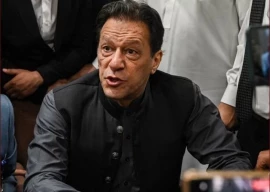
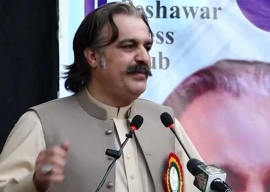

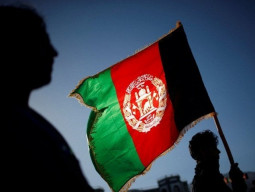


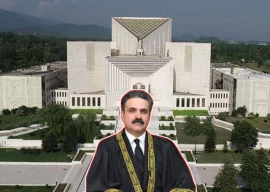
1730107983-0/Copy-of-Untitled-(9)1730107983-0-270x192.webp)
1729926484-0/Untitled-design-(1)1729926484-0-270x192.webp)



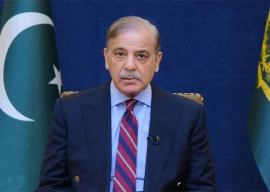








COMMENTS
Comments are moderated and generally will be posted if they are on-topic and not abusive.
For more information, please see our Comments FAQ